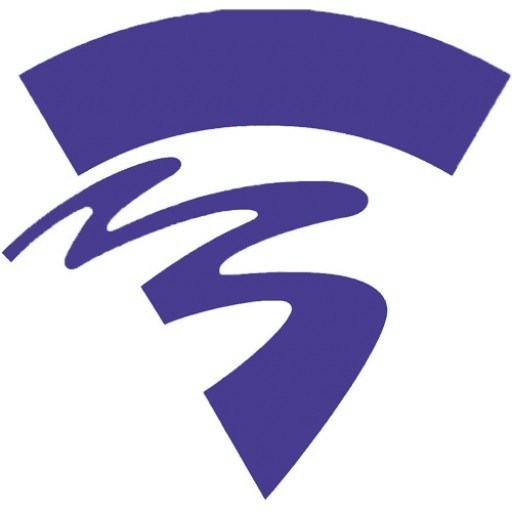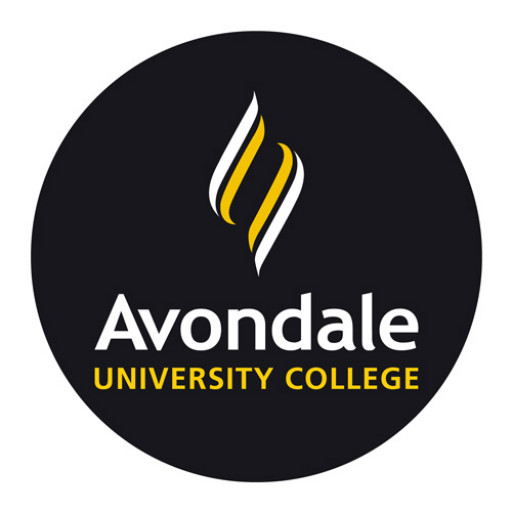Photos of university / #dehaagsehogeschool
Je hebt altijd al voor de klas willen staan. Nu kun je deze droom waarmaken. Kinderen helpen hun talenten te ontwikkelen. Kinderen leren lezen en schrijven en zorgen dat ze stevig in de wereld staan. Dat is toch geweldig! De opleiding tot Leraar Basisonderwijs brengt de echte juf of meester in je naar boven. Je wilt leerlingen vooral motiveren en inspireren, zodat ze volledig tot hun recht komen.
Samen met ouders, verzorgers en collega’s wil je ieder kind een zo onbezorgd mogelijke schooltijd geven. Je biedt ze een veilige plek waar kinderen leren en ontdekken en zich binnen hun mogelijkheden maximaal ontwikkelen.
Program Content Description:
The Primary Education program at The Hague University of Applied Sciences is designed to prepare students for a dynamic and rewarding career in educating children aged 4 to 12 years old. This comprehensive curriculum provides future teachers with the essential knowledge, skills, and practical experience needed to create stimulating and inclusive learning environments for young learners. Throughout the program, students will explore a wide range of educational theories, pedagogical strategies, and developmental psychology principles relevant to primary education. Emphasizing student-centered teaching methods, the curriculum encourages active learning, critical thinking, and creativity to foster the intellectual, social, and emotional development of children.
The program covers core areas such as literacy, numeracy, science, arts, and social studies, ensuring graduates are well-equipped to deliver diverse and engaging lessons across all subjects. Additionally, students will gain insights into the use of modern educational technologies and digital tools to enhance classroom instruction. A significant component of the program is practical training, which includes internships and student teaching placements in primary schools. These hands-on experiences enable students to apply theoretical knowledge in real classroom settings, develop classroom management skills, and adapt teaching strategies to meet individual student needs.
The curriculum also emphasizes the importance of inclusive education, highlighting techniques for accommodating pupils with diverse learning styles and special educational needs. Students will learn how to design and implement personalized learning plans and employ differentiated instruction to ensure every child has the opportunity to succeed. Ethical aspects of teaching, child protection policies, and collaboration with parents and colleagues are integral parts of the training, fostering professional responsibility and teamwork.
Throughout their studies, students will participate in workshops, seminars, and group projects that promote reflective practice, innovative thinking, and continuous professional development. The program is aligned with national and European educational standards, ensuring graduates meet the requirements for primary school teaching certification. By the end of the program, students will be prepared to enter the teaching profession with confidence, equipped to inspire and support their young learners throughout their educational journey. This program aims to develop competent, compassionate, and adaptable educators ready to make a positive impact on primary education in diverse classroom settings.
The program requirements for the Education in Primary Schools (age 4-12) at The Hague University of Applied Sciences focus on ensuring that prospective students possess a strong foundation in early childhood education, pedagogy, and developmental psychology. Applicants are expected to have completed a relevant secondary education qualification that demonstrates proficiency in core subjects such as language, mathematics, sciences, and social studies. A minimum level of proficiency in English is required, typically proven by standardized tests such as IELTS or TOEFL, to ensure effective communication and comprehension throughout the program. Additionally, candidates should demonstrate a genuine interest in working with young children and possess strong interpersonal skills, patience, creativity, and the ability to adapt teaching methods to suit diverse learning needs. Prior experience in educational settings, whether through internships, volunteering, or related work, is highly advantageous and can strengthen an application. The program also emphasizes the importance of cultural awareness and the ability to create inclusive learning environments, reflecting the diverse student population in the Netherlands. Success in the application process may require submission of a motivation letter explaining the candidate’s interest in early childhood education and their career aspirations within this field. Some programs may include entrance assessments or interviews designed to evaluate candidates’ pedagogical competencies, communication skills, and motivation. Overall, the program aims to develop highly qualified early childhood educators who are equipped with innovative teaching strategies, a thorough understanding of child development, and a commitment to fostering a positive and stimulating educational experience for children aged 4 to 12.
Tuition fees for primary education programs at The Hague University of Applied Sciences vary depending on the student’s nationality and residency status. For EU/EEA students, the annual tuition fee is set at approximately €2,200. Non-EU/EEA students are typically charged higher tuition fees, around €8,000 per year. These fees are subject to change annually and prospective students are advised to consult the official university website for the most current information.
In addition to tuition fees, students may need to budget for additional costs such as textbooks, learning materials, accommodation, insurance, and daily living expenses. Estimated living costs in The Hague range from €800 to €1,200 per month, covering housing, food, transportation, and personal expenses. Many students finance their studies through a combination of personal savings, family support, student loans, scholarships, or work opportunities.
The Hague University of Applied Sciences participates in the Dutch government’s student finance system, which offers loans and grants for eligible students. EU/EEA students can access student grants and loans from their home countries, as per national regulations. Non-EU students often rely on private loans, scholarships, or part-time work. Scholarships are available through various channels, including the university’s own scholarship programs for outstanding students, as well as external organizations. Typically, scholarships cover partial tuition fees or living costs and are highly competitive.
International students may also be eligible for specific financial aid packages, depending on their nationality and academic achievements. The university provides guidance on financial planning and application procedures. Students are encouraged to carefully research funding options early in the application process. Financial planning is essential to ensure sufficient resources are available to cover tuition, accommodation, and daily expenses throughout the duration of the program, which is usually two years for undergraduate primary education programs.
In summary, financing studies at The Hague University of Applied Sciences for primary school teacher training involves understanding tuition fees based on residency status, exploring scholarships and financial aid options, budgeting for living expenses, and considering potential employment opportunities during studies. Students should consult the official university and governmental resources for detailed and updated financing information.
The Hague University of Applied Sciences offers programs focused on Education in Primary Schools for students aged 4 to 12. These programmes are designed to prepare future educators to effectively support the developmental and educational needs of young children in primary school settings. The curriculum typically includes coursework in child psychology, pedagogy, classroom management, curriculum development, and inclusive education practices. Students are also given practical teaching experience through internships and fieldwork in primary schools, allowing them to apply theoretical knowledge in real classroom environments. The programs emphasize the importance of fostering a positive learning environment, encouraging the development of social skills, and supporting diverse learning needs among young children. Students learn to implement innovative teaching methods and integrate digital tools into their lessons to enhance engagement and understanding. The programmes often collaborate with local schools to provide hands-on training and foster strong connections between theoretical learning and practical application. Graduates of these programmes are well-equipped to pursue careers as primary school teachers, educational specialists, or in related fields such as child development and educational policy. The Hague University of Applied Sciences ensures that its programmes meet high standards of quality and are aligned with current educational practices and policies in the Netherlands and beyond.








